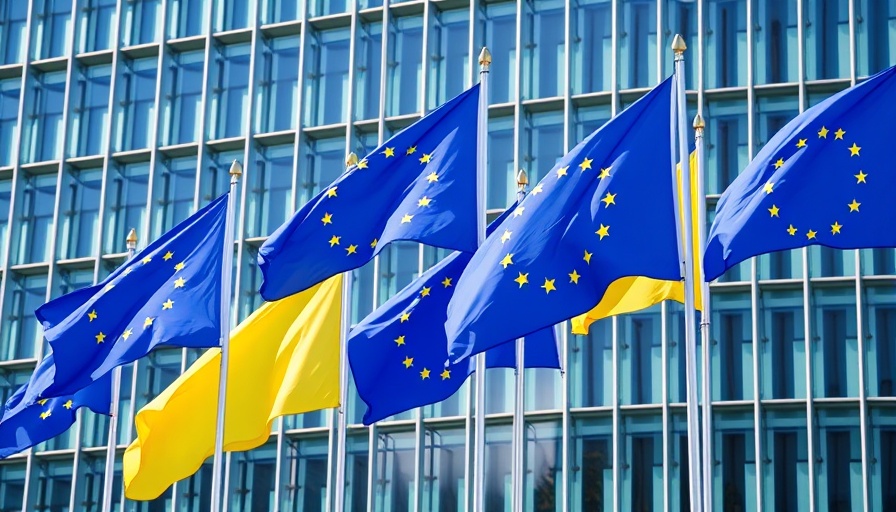
CRISPR's Genetic Revolution: A Call for Caution
In a groundbreaking move, leading scientific societies are advocating for a 10-year moratorium on the use of CRISPR technology for creating genetically modified children. This significant proposal follows ethical concerns surrounding germline editing, which involves altering genes in sperm, eggs, or embryos. It's a response to the controversial birth of the first CRISPR babies by Chinese researcher He Jiankui, which sent ripples through the global scientific community.
Understanding the Risks of Gene Editing
Many experts argue that the safety of germline editing remains questionable. The potential for unforeseen genetic mutations or societal repercussions raises red flags. As researchers from various organizations unite in this ethical stand, they emphasize the need for a careful evaluation of the technology before any further steps are taken towards its application in humans.
The Significance of a Global Consensus
This moratorium serves not only as a precautionary measure but also as a guideline for countries worldwide when it comes to regulating gene editing technologies. By proactively addressing the ethical and safety concerns, a collective approach may help to prevent reckless experimentation that jeopardizes future generations.
Future of Gene Editing: What Lies Ahead?
As discussions about CRISPR continue to evolve, the importance of robust regulatory frameworks cannot be overstated. Engaging in dialogue about the implications of gene editing will ultimately shape the future of this powerful technology. With safety measures and ethical considerations in mind, we can hope for advancements that prioritize public health and well-being over unchecked scientific progress.
 Add Row
Add Row  Add
Add 




Write A Comment